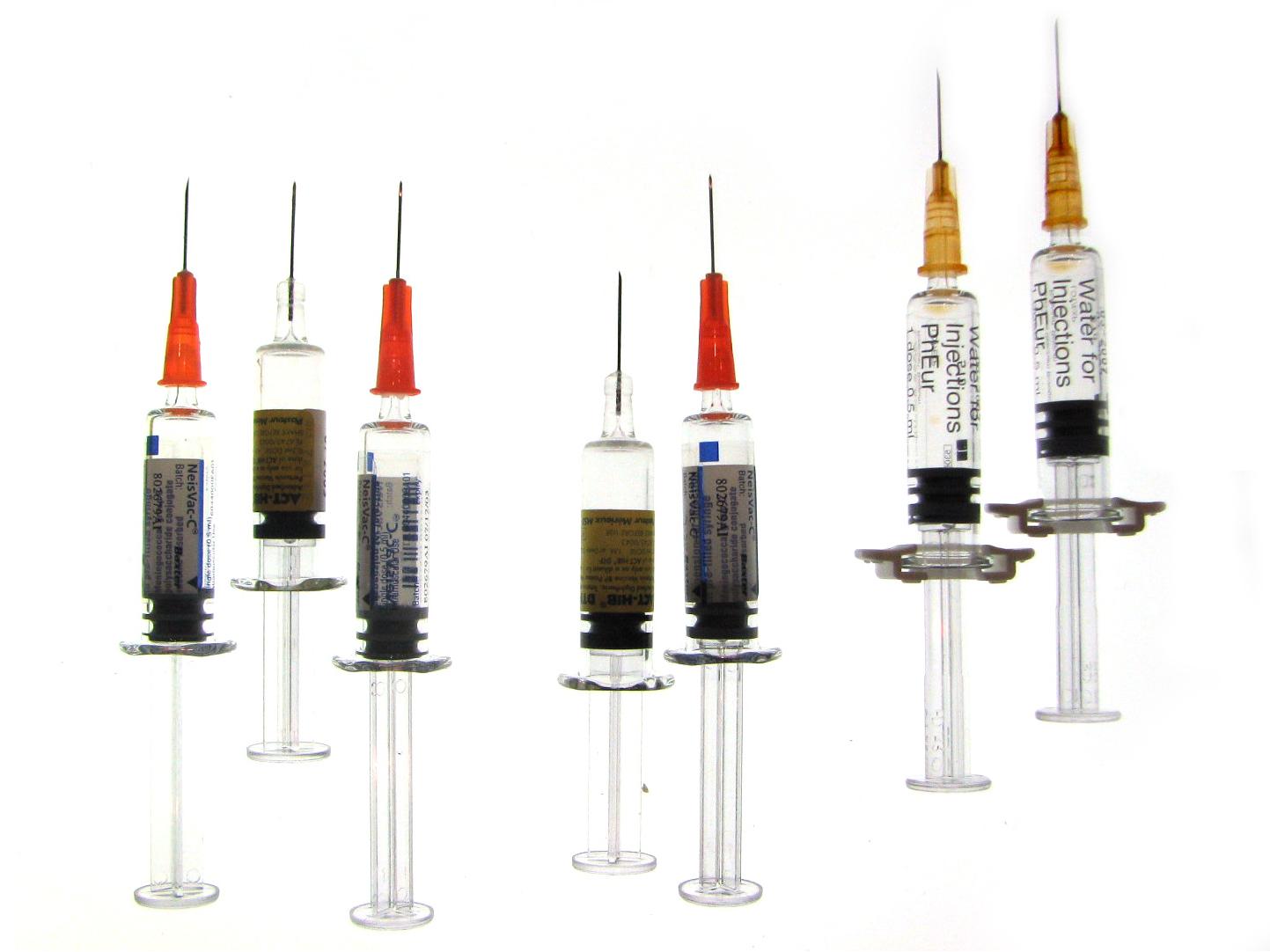Amid increasing numbers of drug use and HIV/AIDS across the country, public debates about the merits of needle exchange programs (NEPs) are reigniting. Cities like Holyoke, Massachusetts are aflame with lawsuits and disagreement about the legitimacy of these programs. While NEPs are not a new public health measure, NEPs have consistently been controversial, with some arguing on that NEPs enable — and, some say, encourage — drug use. Objections to needle exchange programs provide an example of how the presence of morality in politics can steer public policy away from what is scientifically agreed upon and verified.
NEPs were first created in the early 1980s to curb the spread of Hepatitis B in Europe. Viruses like Hepatitis B and C, and HIV are frequently spread through the use of “dirty” hypodermic needles, needles that had been used by individuals with these disease previously. NEPs provide individuals with the opportunity to exchange needles that had been previously used for injections with clean ones. While some NEP clinics began to operate in the United States illegally, it wasn’t until 1990 that the first American NEP clinic was able to operate legally in Connecticut.
Since then, NEPs have spread around the country and, according to public health experts, have been very successful. Moreover, concerns that NEPs increase drug use have been proven to be unfounded by multiple studies. The American Medical Association, World Health Organization, National Institutes of Health, and countless other associations have wholeheartedly praised NEPs for their effectiveness in reducing the spread of HIV. An often-cited 1997 paper from the National Institutes of Health estimated a “30 percent or greater reduction of HIV” from NEPs.
Nevertheless, concerns over the validity of NEPs continue despite the science. One explanation for the status of NEPs as politically-charged, controversial subjects is the moral rhetoric that is often used to oppose them. According to Elizabeth A. Bowen, a researcher at the University of Illinois at Chicago School of Social Work, NEPs can be classified as what some scholars of public policy call a “morality policy.” In her paper on the subject, Bowen explains that governments would see the clear public health benefits of NEPs and implement them across the board if they were viewed through a rational model of policymaking. Seeing that this is not the case, Bowen calls for another approach, which she defines as the “morality policy framework.”
For a policy to be defined as a “morality policy,” according to Bowen, it must be of “high salience and low complexity.” Essentially, the specific policy proposal must be important enough to gain popular attention yet simple enough to be understood and argued about amongst those other than trained experts. This allows morality policies’ to attract large public conversations, often involving the press, citizen activists, and elected officials. Unfortunately, according to Bowen, in this public conversation “the role of experts and scientific data is diminished and a greater emphasis on values and emotions emerges.” Consequently, policies are often set merely by politically charged, legislative votes, rather than by specialists who serve in a government department.
NEPs are a good example of this phenomenon: they have been regulated to reflect ostensible public morality rather than any sort of empirical evidence. As increasing numbers of states legalized NEPs, such legalization came with caveats that made setting up NEPs more difficult. For example, after a HIV outbreak, Indiana Governor Mike Pence, who has maintained he generally opposes NEPs, signed a bill in 2015 legalizing them. But this act was essentially just a gesture: while the bill did legalize NEPs, it also banned state funding for them and restricted their presence to just the four counties at the heart of the HIV outbreak. Similarly, after a long legislative debate, Florida Governor Rick Scott signed a bill authorizing one NEP in his state, an experimental exchange at the University of Miami. Thus, most residents of Florida would have to overcome a taxing transportation burden to use the service, severely limiting its ineffectiveness.
Looking at needle exchange programs as a morality policy provides some answers as to why public policy on the matter does not accurately reflect the consensus of experts. Rather, public morals that chastise dependence on illegal drugs help dictate public policy. Some progress is being made to change this, however. Currently, more than two dozen states have legalized NEPs. At the end of 2015, Congress effectively lifted the ban on federal funding for such programs, which previously had only been allocated funding for the syringes and needles themselves instead of all the NSPs’ costs, such as staffing and equipment. But until policymakers can look past the moral dismay, many will continue to live absent of a service that could severely reduce their risk of contracting life-threatening illnesses.
